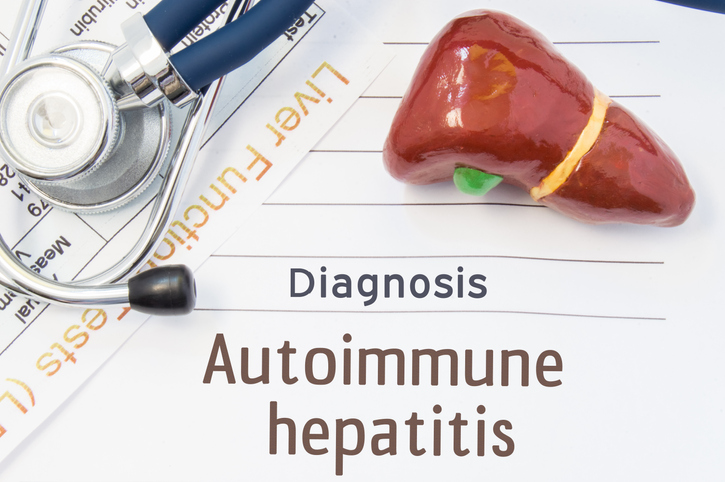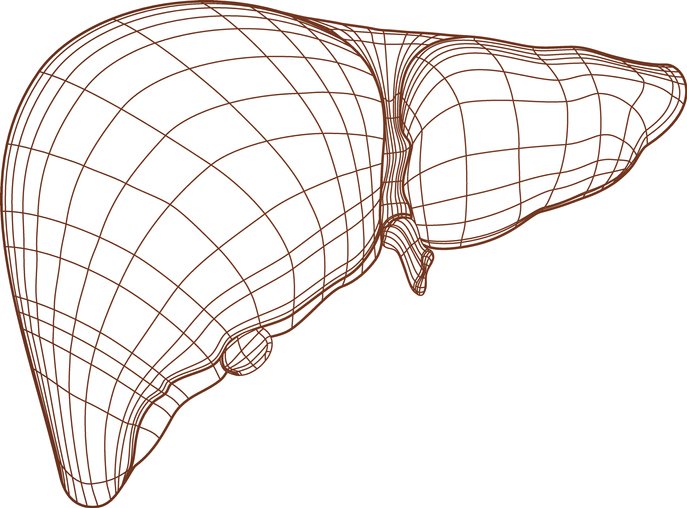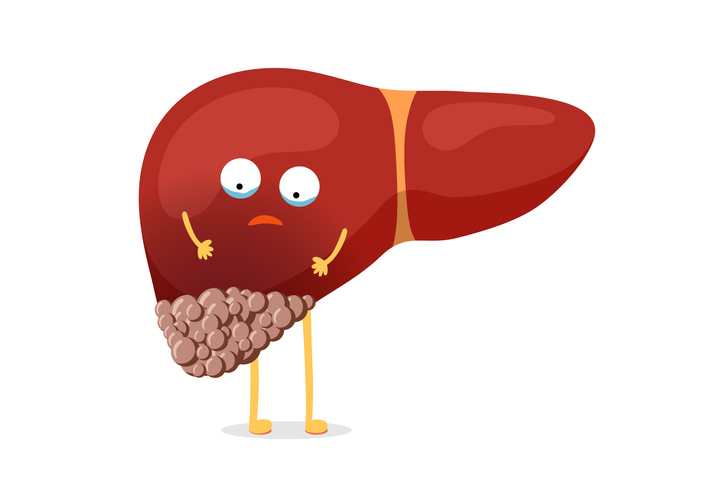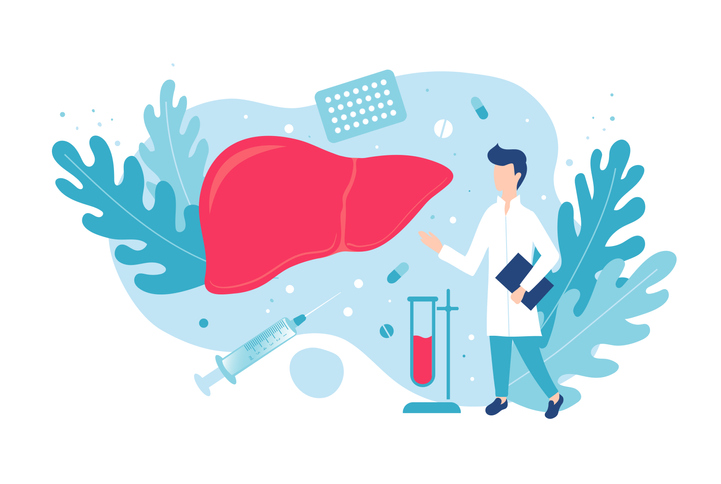Pain
Types of Hepatitis

Hepatitis is an inflammatory condition of the liver. It is categorized based on the cause of the condition: viral, autoimmune or toxic. Depending on the type of hepatitis, it is either acute (short-term) or chronic (ongoing).
Viral Hepatitis
Viral hepatitis is categorized according to the specific virus that caused the condition. The types of viral hepatitis include hepatitis A, B, C, D, E, and G.
- Hepatitis A is caused by the hepatitis A virus (HAV). It is typically transmitted through consuming food or water contaminated by fecal matter of an individual with the virus. It is easily spread throughout members of the same household due to inadequate hand-washing. It can also be spread by kissing. Hepatitis A is almost always acute, and a vaccine is available to help prevent its spread.
- Hepatitis B is caused by the hepatitis B virus (HBV). It is transmitted through exposure to an infected individual’s bodily fluids, such as blood, vaginal secretions, and semen. Hepatitis B can be either acute or chronic — approximately 90% of cases contracted during infancy (usually from mother to baby during birth) become chronic; however, if HBV is contracted in adulthood, only 2%-6% of cases become chronic.
Having unprotected sex and sharing needles for drug use increase the risk of contracting hepatitis B. Getting tattoos or body piercings or sharing razors or toothbrushes can also transmit the disease. The severity of symptoms varies widely. It can be asymptomatic, produce mild symptoms, or, in some cases, lead to liver failure or death. A vaccine is available to help prevent the spread of hepatitis B. - Hepatitis C is caused by the hepatitis C virus (HCV), and it is one of the most common causes of liver disease in the United States. It is spread through exposure to an infected individual’s blood. It is most commonly spread through shared needles for drug use, hemodialysis, blood transfusion, or needle sticks. Hepatitis C is often asymptomatic and can be either acute or chronic; however, approximately 75% to 85% of cases become chronic. A vaccine is not yet available to help prevent it.
- Hepatitis D is caused by the hepatitis D virus (HDV). It spreads through direct contact with infected blood or other bodily fluids and can only occur along with hepatitis B. The viruses can be contracted at the same time, or hepatitis D can be contracted after hepatitis B infection. Hepatitis D can be either acute or chronic. There is not a vaccine for hepatitis D; however, because it can only occur with hepatitis B, vaccination for hepatitis B can prevent hepatitis D infection.
- Hepatitis E is caused by the hepatitis E virus (HEV). It is usually transmitted by consuming food or water contaminated with fecal matter of an infected person. It can also be contracted through consuming under-cooked foods like pork, shellfish or venison. Hepatitis E is rare in developed countries (although it can be contracted during travel to a country where infection is common), and the vast majority of cases are acute. However, it is an especially dangerous version of hepatitis and can cause death in pregnant women. Although China has a vaccine for hepatitis E, it is not available in the United States.
- Hepatitis G is the most recently identified strain of hepatitis. Not much is known about this new strain, but it is thought to be transmitted via shared needles for drug use, blood transfusions, and hemodialysis. It typically does not produce any symptoms.
Autoimmune hepatitis
Autoimmune hepatitis occurs when the body’s immune system mistakenly attacks healthy cells in the liver. This causes inflammation that can range from mild to severe and can affect liver function.
- Type 1 autoimmune hepatitis can develop at any age. Approximately 50% of people with type 1 autoimmune hepatitis also have another autoimmune condition, such as rheumatoid arthritis or ulcerative colitis.
- Type 2 autoimmune hepatitis most commonly develops in childhood or adolescence. Other autoimmune diseases may also be present with type 2 autoimmune hepatitis.
Toxic hepatitis
Toxic hepatitis is caused by exposure to certain chemicals, drugs or alcohol. There are three types of toxic hepatitis: alcohol-induced, chemical-induced and drug-induced.
- Alcohol-induced hepatitis is caused by excessive alcohol consumption. The alcohol damages cells in the liver, which can lead to scarring and thickening of the liver. Alcohol-induced hepatitis can cause liver failure.
- Chemical-induced hepatitis can develop after exposure to certain chemicals; it most commonly occurs from exposure to chemicals in the workplace. Chemical-induced hepatitis can develop from ingesting, inhaling, or absorbing chemicals through the skin.
- Drug-induced hepatitis can develop from taking certain drugs, medications, or supplements, such as nonsteroidal anti-inflammatory drugs (NSAIDs), acetaminophen, anti-rheumatic drugs, antidepressants, or vitamin, mineral or herbal supplements.



















